Aaron Coleman
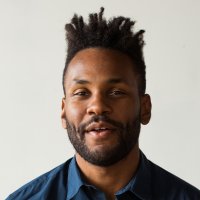
“It’s hardest for me to write when I’m too worn out by the day-to-day to slow down and sense where I am in the world. When I’m not writing it’s usually because I’m not listening deeply to what’s happening in and around me.
Jump to navigation Skip to content
In this online exclusive we ask authors to share books, art, music, writing prompts, films—anything and everything—that has inspired them in their writing. We see this as a place for writers to turn to for ideas that will help feed their creative process.

“It’s hardest for me to write when I’m too worn out by the day-to-day to slow down and sense where I am in the world. When I’m not writing it’s usually because I’m not listening deeply to what’s happening in and around me.

“During the week I am busy with my day job as a computer engineer, my children and family. I strive to live a low-drama life with a healthy routine. I don’t drink and rarely go out at night. I don’t even speak much. I live an ascetic life in order to bottle up my emotions for my writing.
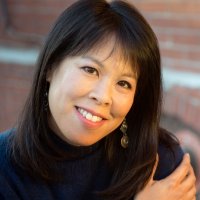
“In the year leading up to the publication of my debut novel, Everything Here Is Beautiful, I decided to create an archive of ‘beautiful, wondrous, and amazing things,’ posting one item a day on my Facebook page for 365 consecutive days.
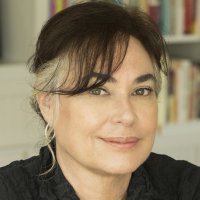
“I am not looking, usually, for inspiration. I am looking for an ambulance. I’m looking for a sturdy ladder. I’m looking for something that will make a good sentence seem possible. I read my Janes, Hirshfield and Kenyon, because they know what the dark at the end of the tunnel looks like.

“When I am locked out of the gates of literature, I despair, brood, obsess. I believe wholeheartedly that I will never write again. I pursue this line of thought to the bitter end. It’s an excruciating process, but there are no shortcuts on the road to writing.

“In my early thirties, I spent two years in Korea, investigating the particulars of my adoption and reuniting with my birth family.

“I write because I read. I imagine many of us are this way, bewildered in the tangle of these co-creative activities: writing to understand how better to read, reading to understand how better to write.
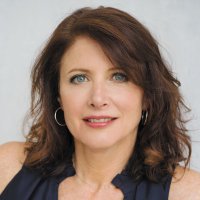
“I write from rage. White-hot. Electrified. Deadly. You? People are shocked when I tell them. But you’re so… So what? Even-tempered? Motherly? Professional? I am, I am, but beneath the affable corporate face is a blistering fury that fuels my fiction.

“Most times, writing a poem does not require research. Drawing from personal experiences, observations, and emotions, a poem can hold the everyday. Yet, at other times, I’ve learned that research can be a tool to ignite unexpected, needed turns in your poetry.
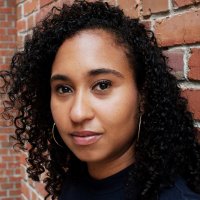
“My favorite endings in fiction are the ones that bring us to a precipice. We feel keenly that we have reached some edge in the character’s life, and we know the story will continue on without us.